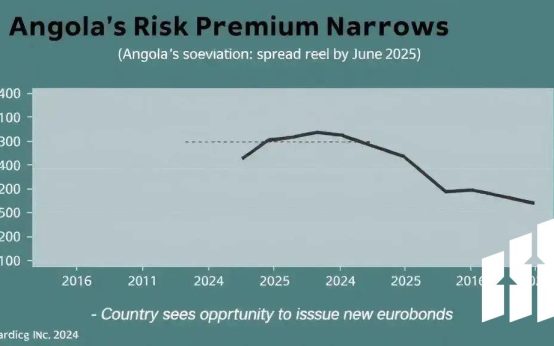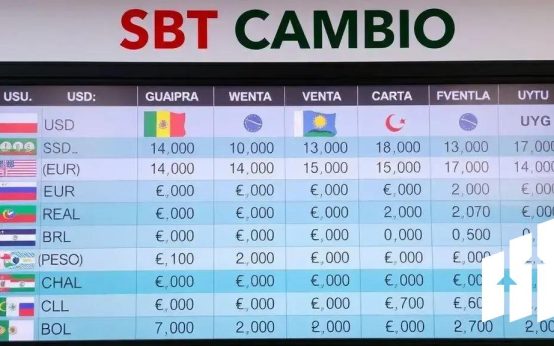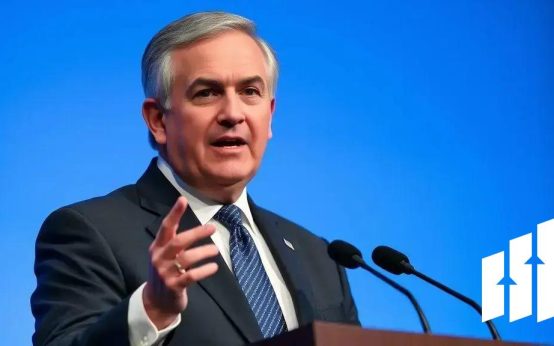How to get out of debt faster involves analyzing your debts, creating a realistic budget, prioritizing high-interest debts, increasing income, and avoiding common repayment mistakes.
How to get out of debt faster is a question many ask when the weight of bills starts to pile up. Have you ever thought about which strategies could truly speed up your path to financial peace? Let’s explore several doable ideas to get you there without extra stress.
analyze your current debt situation
Understanding your debt is the first key step to getting control of your finances. Start by making a detailed list of all your debts, including balances, interest rates, and minimum monthly payments. This will give you a clear snapshot of what you owe.
Check your credit report to verify all debts and spot any errors that might be costing you money. Knowing your current credit score also helps you understand your financial standing.
Break down your debts into categories, such as credit cards, loans, or medical bills. This categorization helps in deciding which debts to tackle first.
Calculate the total amount you owe and the overall interest you’re paying monthly. Sometimes, high-interest debts should be prioritized because they increase faster.
Identify your spending habits that may have contributed to the debt. Honest analysis of your financial behavior is crucial for making a sustainable plan to get out of debt faster.
create a realistic budget and stick to it

Creating a realistic budget is essential to managing your money and getting out of debt faster. Begin by calculating your total monthly income from all sources. This gives you the foundation to allocate funds properly.
List all your monthly expenses, including fixed costs like rent and utilities, and variable costs such as groceries and entertainment. Be honest about your spending habits to avoid surprises.
Set spending limits for each category and prioritize debt payments. Allocating extra money towards debts, especially high-interest ones, helps reduce your balance quicker.
Track your spending regularly using apps or spreadsheets. This practice keeps you aware of your financial behavior and helps you adjust the budget as needed.
Remember to include a small fund for unexpected expenses to avoid falling back into debt. Staying disciplined and reviewing your budget monthly can keep you on course towards financial freedom.
prioritize debts to pay off smartly
Paying off debt smartly starts with setting clear priorities. Begin by listing all your debts along with their interest rates and balances. This will help you understand which debts cost you the most money.
Focus on high-interest debts first. Credit cards or payday loans often carry the highest rates and can grow quickly if left unpaid. Paying more than the minimum on these debts can save you money in the long run.
Another strategy is the debt snowball method, where you pay off the smallest debts first. This creates momentum and motivation as you eliminate each balance.
Consider consolidating debts if it offers a lower interest rate or simpler payment plan. Just be sure to avoid taking on new debt during the repayment period.
Automate payments when possible to avoid missed due dates and late fees. Staying organized and focused on your priority list makes repayment faster and less stressful.
find ways to increase your income

Increasing your income can speed up your journey to becoming debt-free. Consider taking on a part-time job, freelancing, or selling items you no longer need. These options provide extra funds to put towards debt repayment.
Leverage your skills by offering services like tutoring, graphic design, or writing. The gig economy offers many opportunities to earn on your own schedule.
Explore ways to monetize hobbies or passions. For example, crafting, photography, or baking can sometimes generate meaningful income.
Ask for a raise or promotion at your current job if you feel your performance justifies it. Even a small increase in salary can make a difference.
Remember to track any extra income separately and allocate it efficiently to your debt payments to maximize progress.
avoid common pitfalls that slow down debt payoff
Many people face setbacks when trying to pay off debt due to common pitfalls. Avoid making only minimum payments, as this extends your debt period and increases total interest paid.
Do not accumulate new debt while paying off existing balances. This habit can trap you in a cycle that’s hard to break.
Be cautious with balance transfers or payday loans; while they might seem like quick fixes, they may come with high fees or interest rates.
Failing to plan for emergencies can lead to unexpected expenses that force you back into debt. Building a small emergency fund can help prevent this.
Lastly, avoid ignoring your budget or financial plan. Staying consistent and disciplined is crucial for steady progress towards being debt-free.
Taking control of your debt journey
Getting out of debt faster requires commitment and smart choices. By understanding your debt, creating a realistic budget, and prioritizing payments, you set a clear path forward.
Finding ways to increase your income and avoiding common pitfalls will boost your progress and keep you motivated. Small steps add up over time, leading to real financial freedom.
Stay patient and consistent, and you’ll see positive changes that last a lifetime.
FAQ – Common questions about getting out of debt faster
What is the first step to get out of debt faster?
The first step is to analyze your current debt situation by listing all debts, their balances, interest rates, and minimum payments.
How can a budget help me pay off debt quicker?
A realistic budget helps you control your spending, prioritize debt payments, and avoid accumulating new debt.
Which debt should I pay off first?
Focus on paying off high-interest debts first to save on interest costs, or use the debt snowball method by paying off smaller debts to build motivation.
What are some ways to increase my income for faster debt payoff?
You can take on a part-time job, freelance, sell unused items, leverage skills for side gigs, or ask for a raise at work.
What common mistakes should I avoid when paying off debt?
Avoid making only minimum payments, accumulating new debt, relying on payday loans, ignoring your budget, and not planning for emergencies.
How important is it to track my expenses during debt repayment?
Tracking expenses is crucial to stay within your budget, avoid overspending, and make adjustments to speed up your debt payoff.


 Miran Highlights Dual Goals of Fed and Interest Rate Outlook
Miran Highlights Dual Goals of Fed and Interest Rate Outlook  Are You a Robot? Unusual Activity Detected on Bloomberg
Are You a Robot? Unusual Activity Detected on Bloomberg  Keir Starmer Leads Business Delegation to India for Trade Pact
Keir Starmer Leads Business Delegation to India for Trade Pact  Takaichi Appoints Ex-Finance Minister as Secretary General of LDP
Takaichi Appoints Ex-Finance Minister as Secretary General of LDP  Argentina Continues Dollar Sales Amid Weakened Peso Crisis
Argentina Continues Dollar Sales Amid Weakened Peso Crisis  White House Calls on Democrats to Resolve Ongoing Government Shutdown
White House Calls on Democrats to Resolve Ongoing Government Shutdown